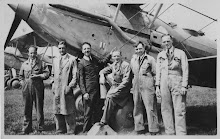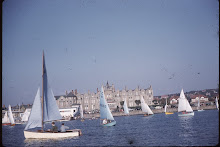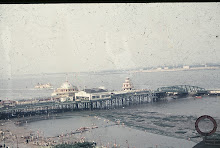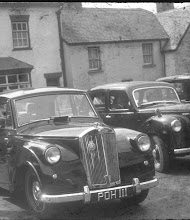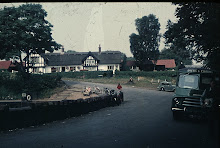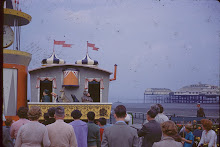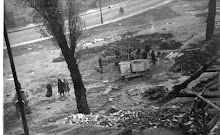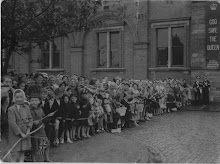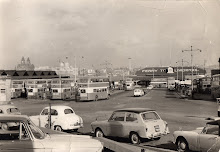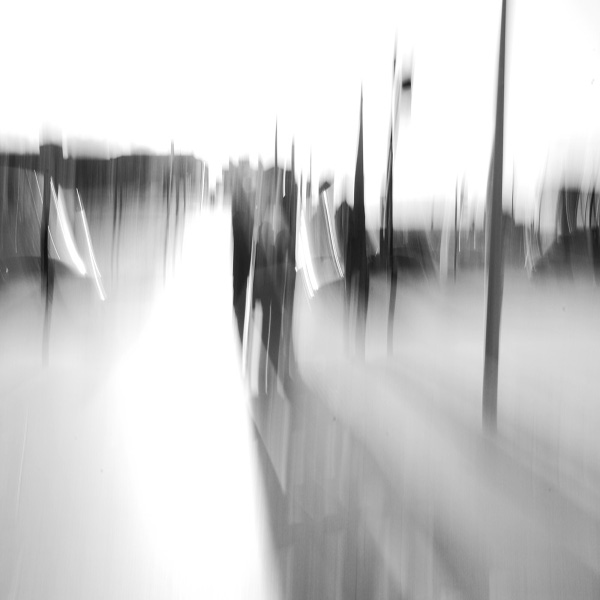'UNIQUE' universal II slide rule. Made in England

Everything today is done for us, we don't have to think. As from my previous post, my father had virtually nothing at school. My mother was a shopkeeper and she had to do everthing in her head with paper and pencil. When I was at school again there were no calculators etc. We had a subject every Friday called mental arithmetic were every arithmetic question had to solved in out head (I was under 11 then in primary school). There was no metric system then and you had to remember, chains,inches, furlongs, gills, bushells, quarts pounds, shilling, pence, farthings,feet, yards.
Recently (within the last month of December08) I had three incidents were the 'sales assistants could not calculate or cope with a situation, the first was in the post office when the clerk behind the desik could not subtract the cost of a first class stamp, 36p, from £1:45, the next was when enquiring about a roller blind for our kitchen and the sales person on the other end of the telephone did not know how many centimeters there were in a metre. The last was when in a mini market the tills and the bar code scanner ceased working, only one of the girls knew what to do, i.e she took each item wrote it down and noted the price , the other three girls just looked like rabbits caught in the headlights of a car, dazzed and completely lost......remember when the before bar codes the checkout girls could remember the price of every item they manually added into the till?







+school+photograph.jpg)



.jpg)
.jpg)
